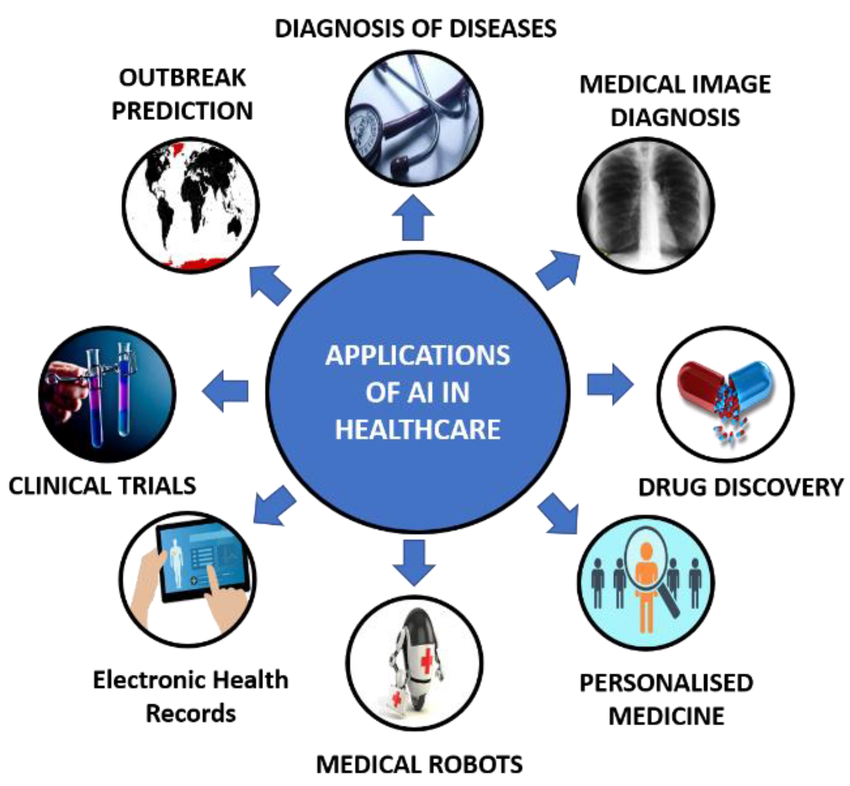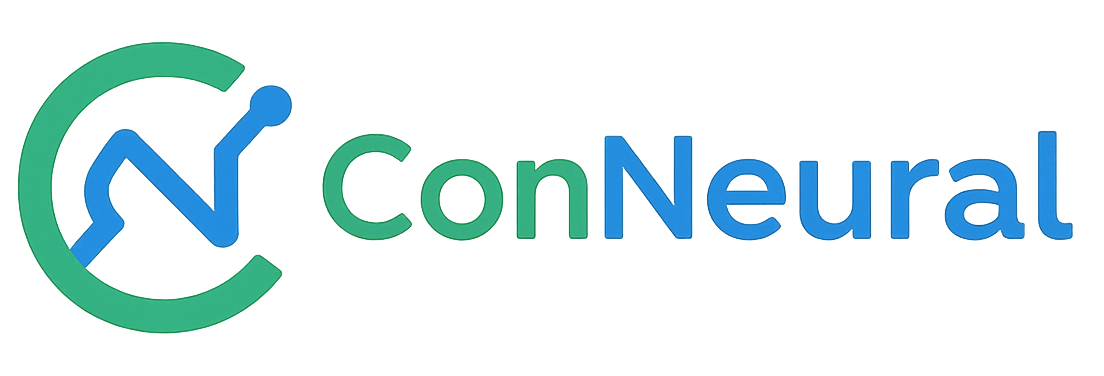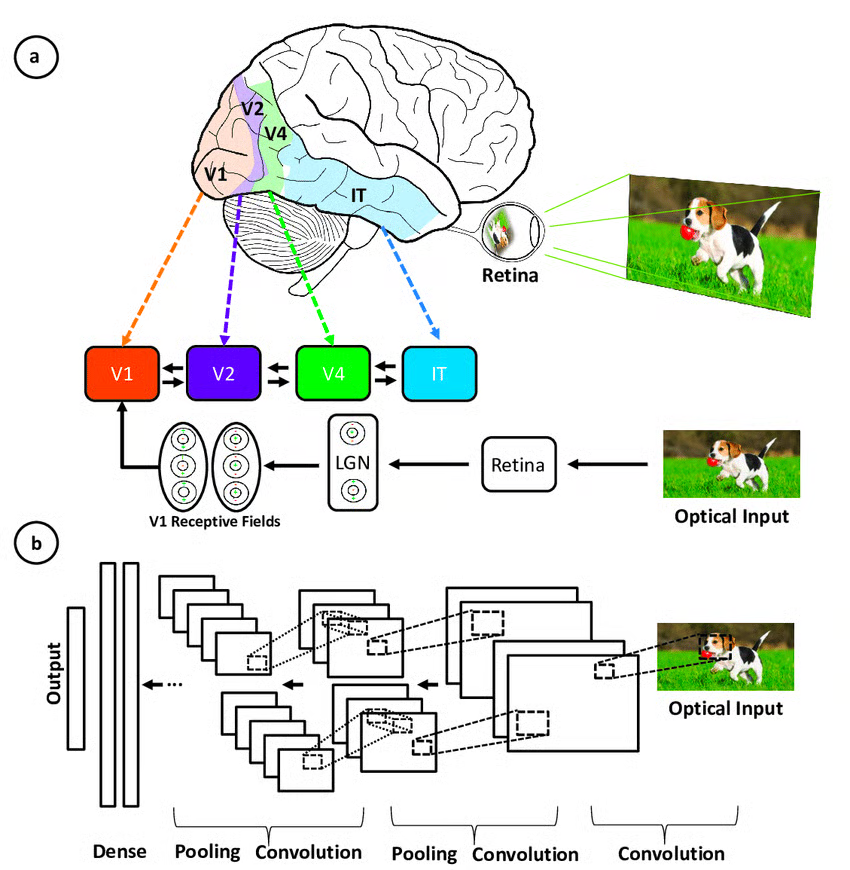Transforming Healthcare with AI: Current Applications and Future Potential
How artificial intelligence is revolutionizing patient care, diagnostics, and treatment planning in modern healthcare.

The AI Revolution in Healthcare
Artificial Intelligence is transforming healthcare at an unprecedented pace, offering innovative solutions to age-old challenges. From improving diagnostic accuracy to personalizing treatment plans, AI is enabling healthcare providers to deliver better outcomes while reducing costs and improving efficiency.
Key Applications of AI in Healthcare
1. Medical Imaging and Diagnostics
AI-powered image recognition systems are achieving remarkable accuracy in detecting abnormalities in X-rays, MRIs, and CT scans. These systems can identify patterns that might be missed by the human eye, leading to earlier and more accurate diagnoses.
2. Drug Discovery and Development
AI is accelerating the drug discovery process by analyzing vast datasets to identify potential drug candidates and predict their effectiveness, significantly reducing the time and cost of bringing new treatments to market.
3. Personalized Medicine
By analyzing patient data and genetic information, AI enables the development of personalized treatment plans tailored to individual patients' unique characteristics and medical histories.
4. Predictive Analytics
AI algorithms can analyze patient data to predict disease progression, identify at-risk patients, and recommend preventive measures, enabling proactive rather than reactive healthcare.
Real-World Success Stories
At Conneural, we've implemented AI solutions that have:
- Reduced diagnostic errors by 45% in radiology departments
- Decreased patient wait times by 30% through optimized scheduling
- Improved early detection of diabetic retinopathy by 60%
- Reduced hospital readmission rates by 25% through predictive analytics
The Future of AI in Healthcare
As AI technology continues to evolve, we can expect even more groundbreaking applications, including:
- AI-powered robotic surgery assistants
- Wearable devices for continuous health monitoring
- Advanced drug interaction prediction systems
- AI-driven mental health support tools
Challenges and Considerations
While AI offers tremendous potential, it's essential to address challenges such as:
- Data privacy and security concerns
- The need for regulatory frameworks
- Ensuring AI systems are free from bias
- Maintaining the human touch in healthcare
Conclusion
AI is not just transforming healthcare—it's revolutionizing it. By leveraging the power of artificial intelligence, healthcare providers can deliver more accurate diagnoses, more effective treatments, and better patient outcomes. At Conneural, we're proud to be at the forefront of this transformation, developing AI solutions that are making a real difference in people's lives.
Ready to explore how AI can transform your healthcare organization? Contact our team to learn more about our healthcare AI solutions.
About the Author
Dr. Amit Patel
Healthcare AI Specialist at Conneural
With over 12 years of experience at the intersection of medicine and technology, Dr. Patel leads our healthcare AI initiatives, developing solutions that improve patient outcomes and streamline healthcare delivery.



